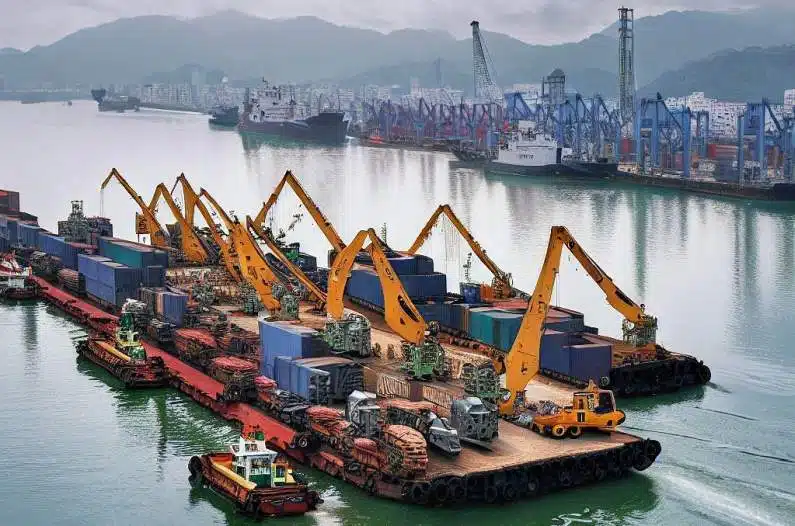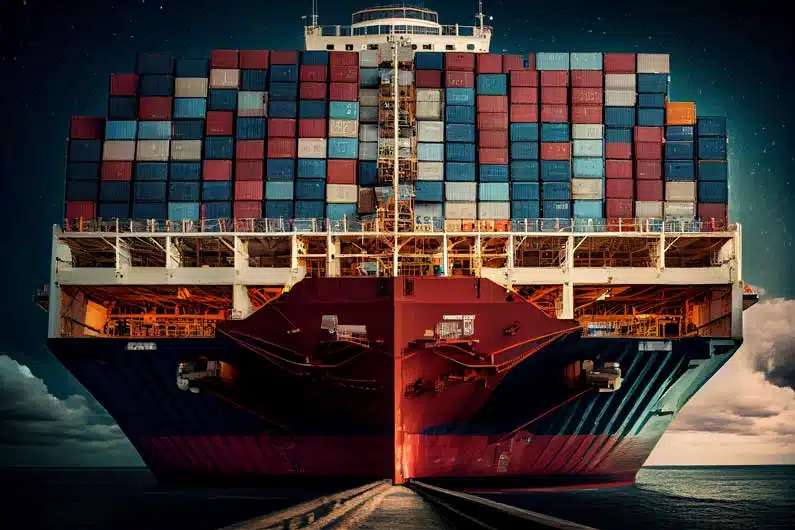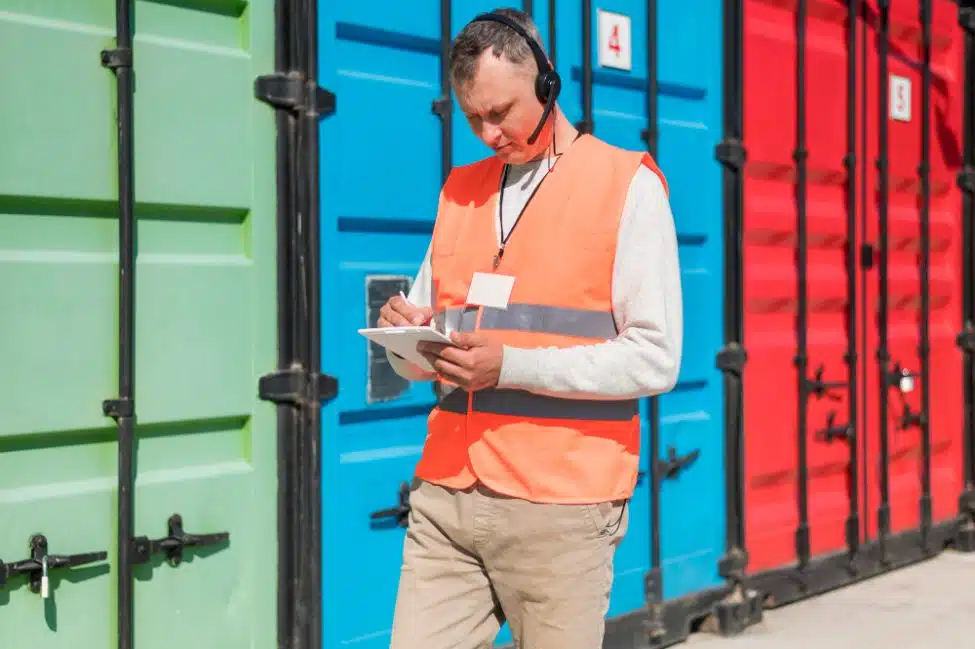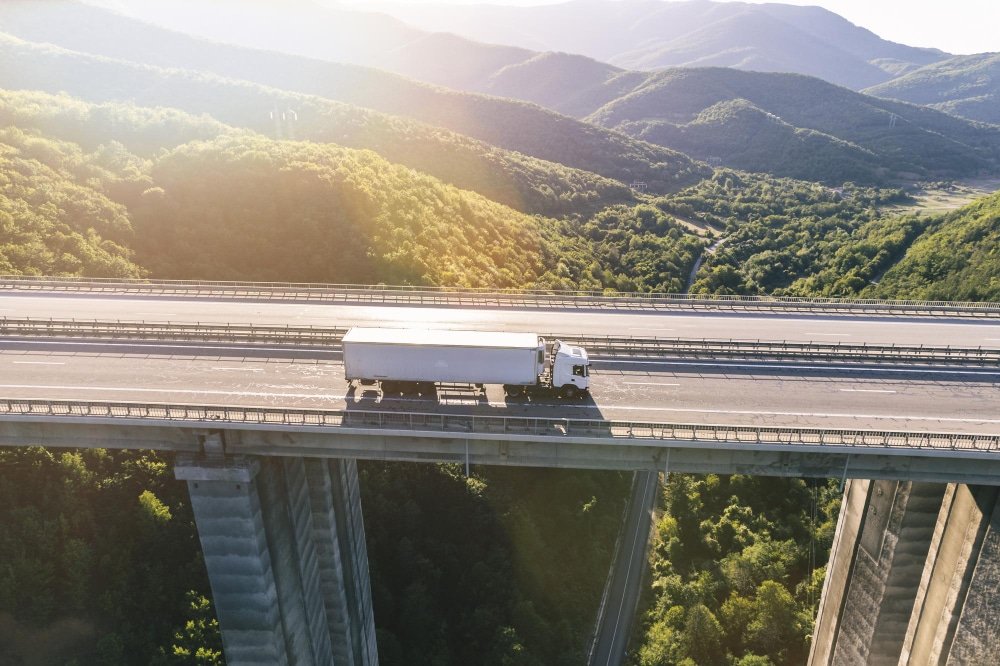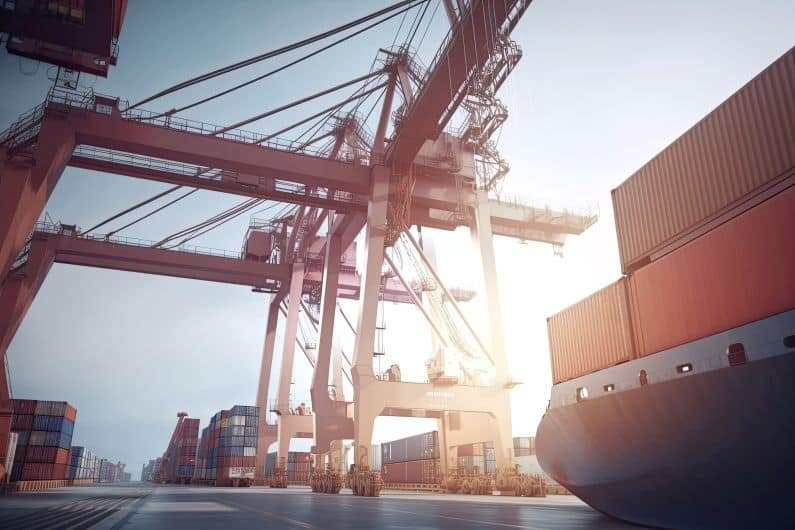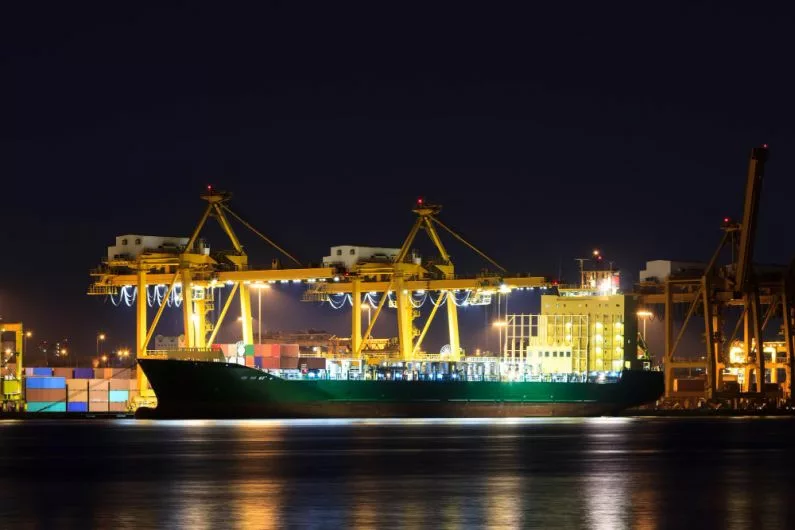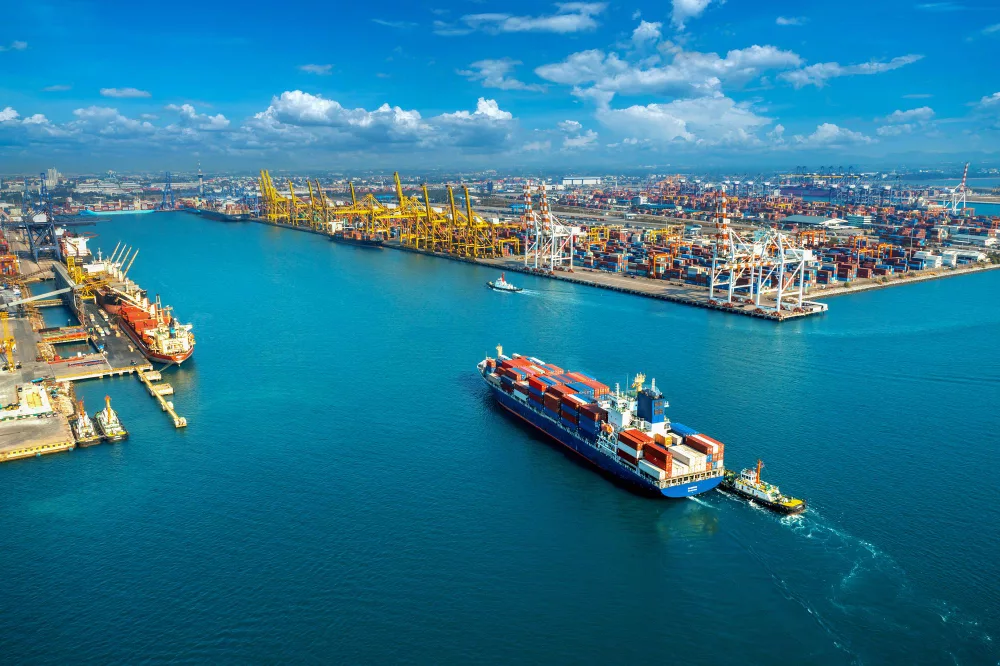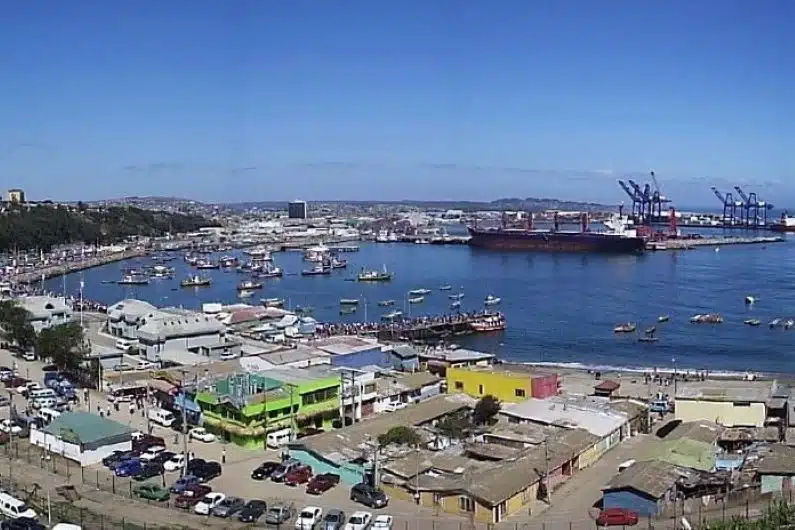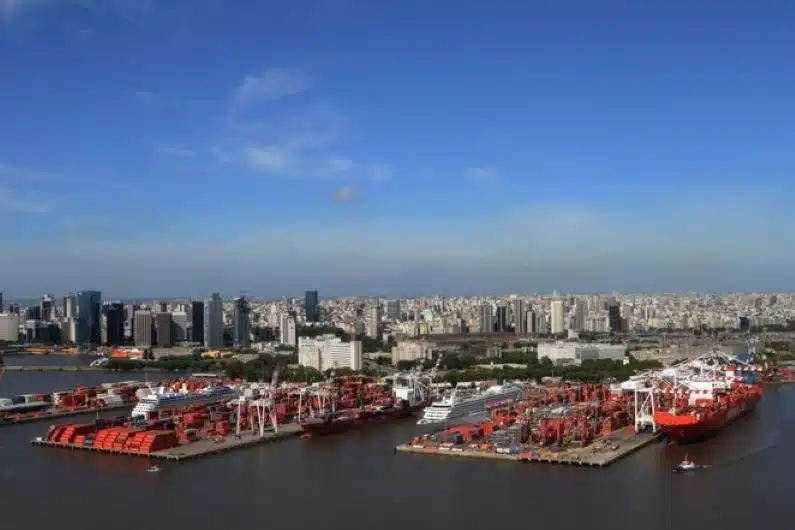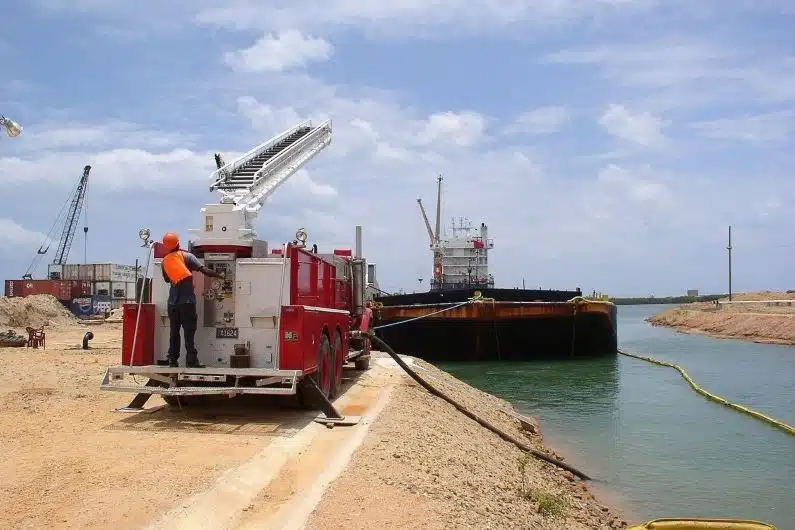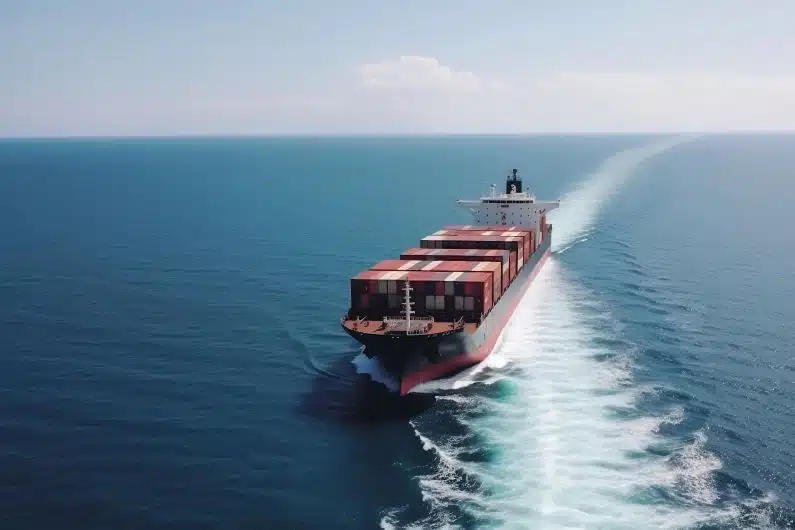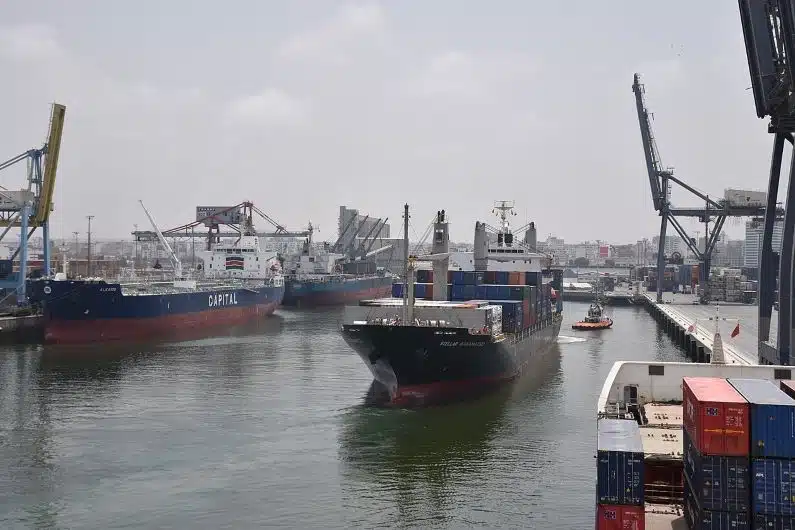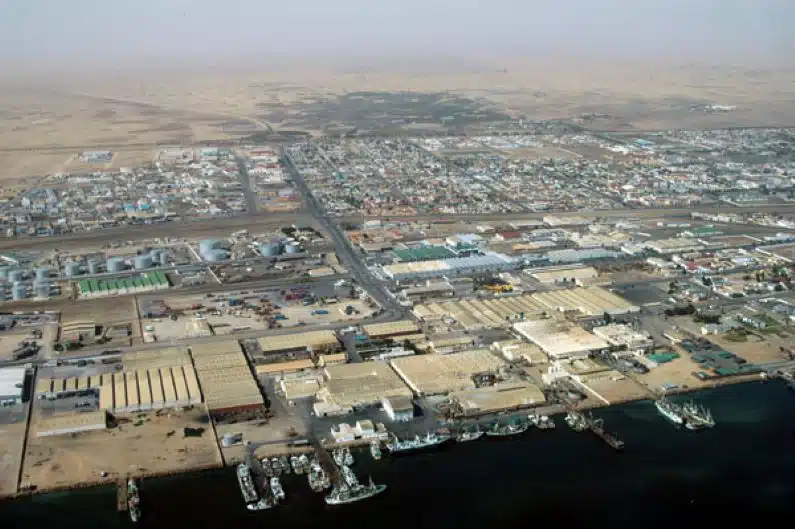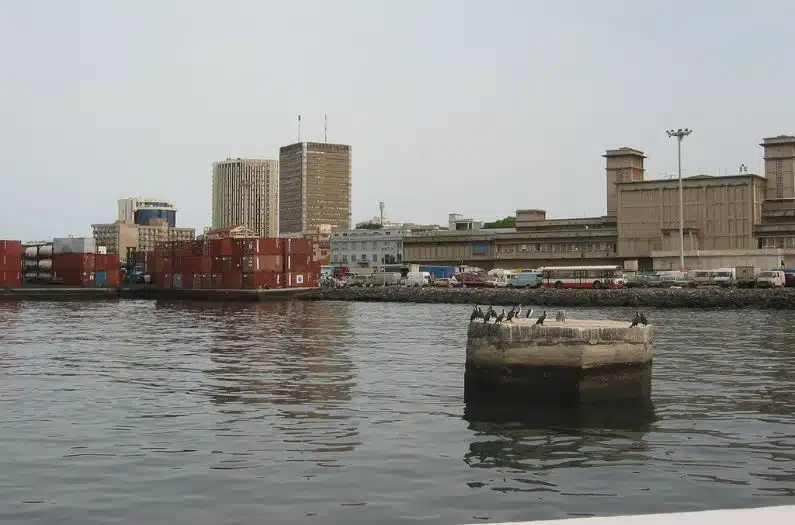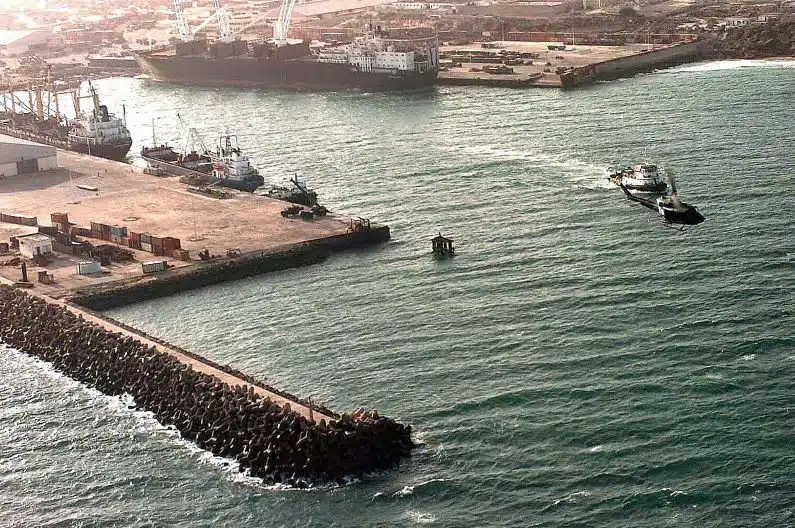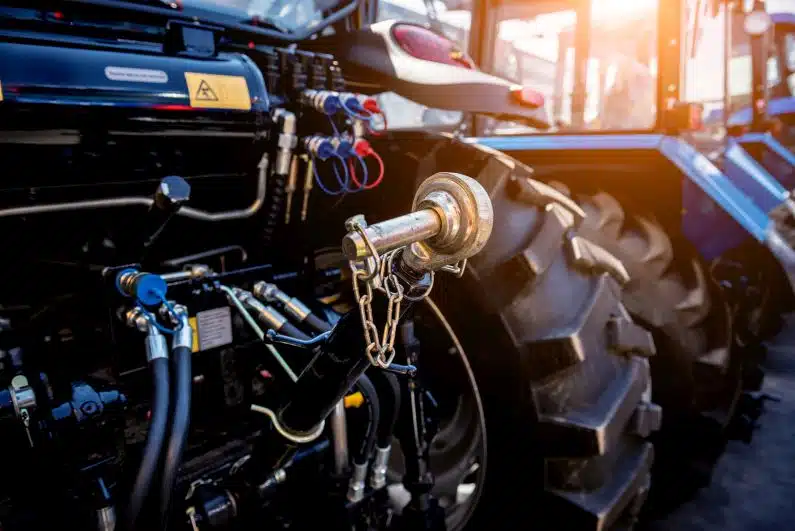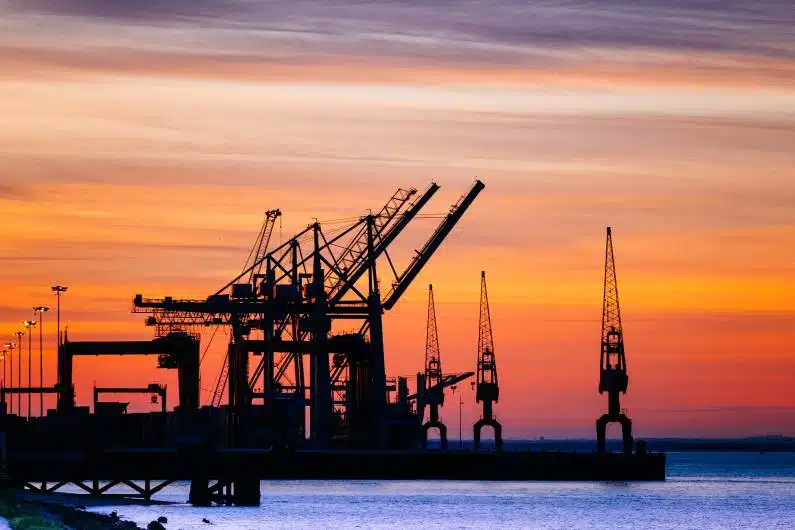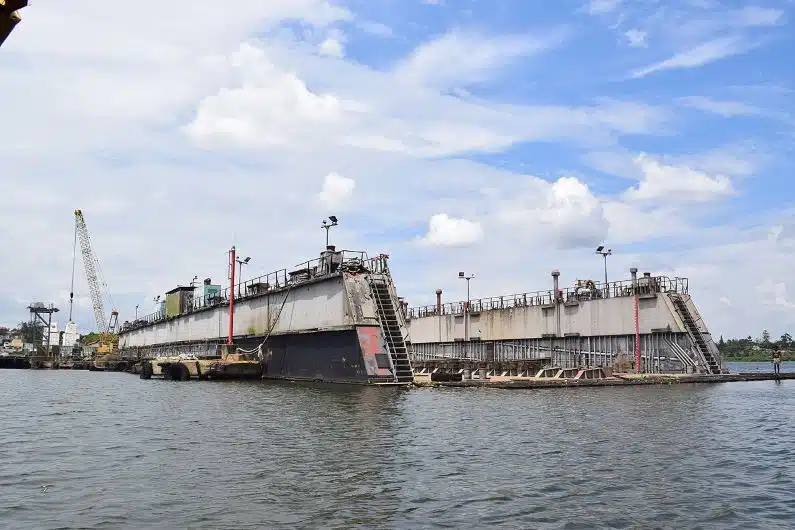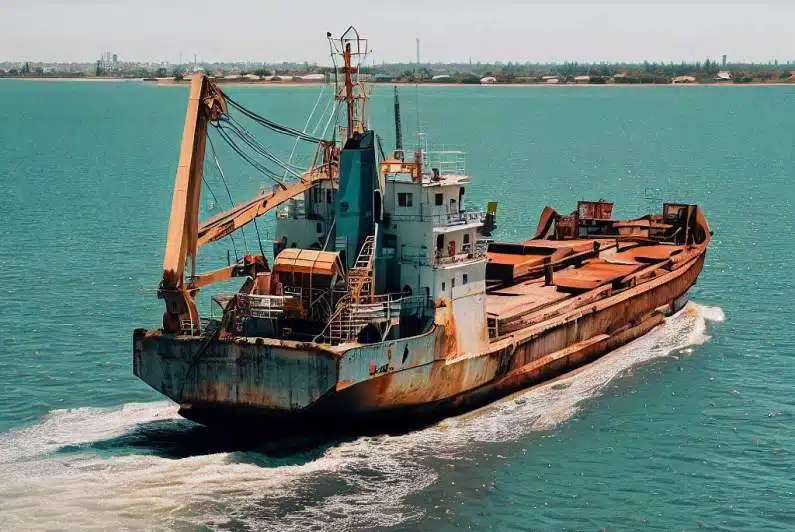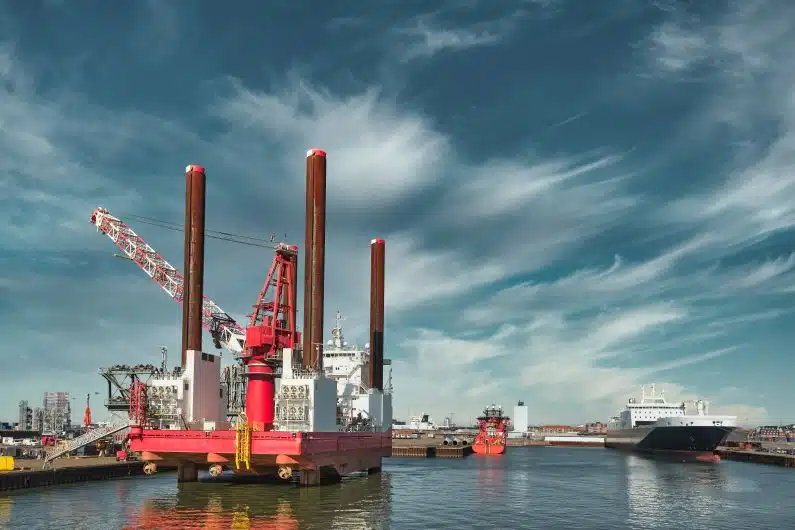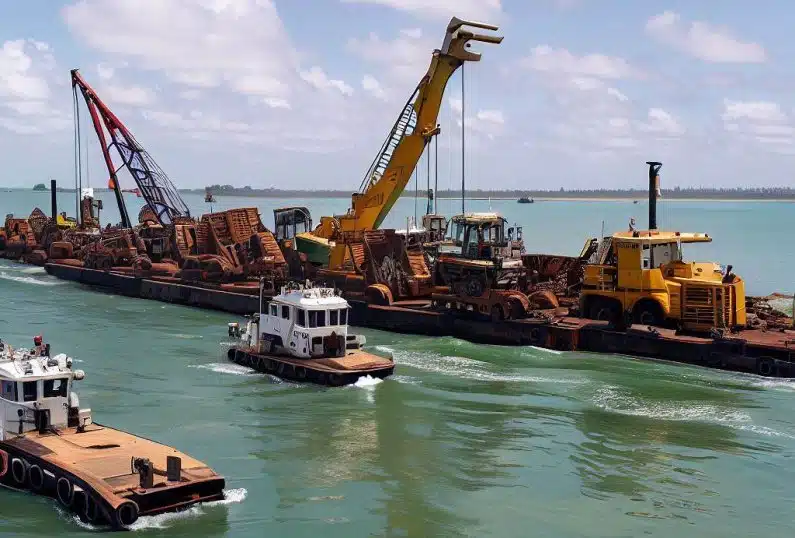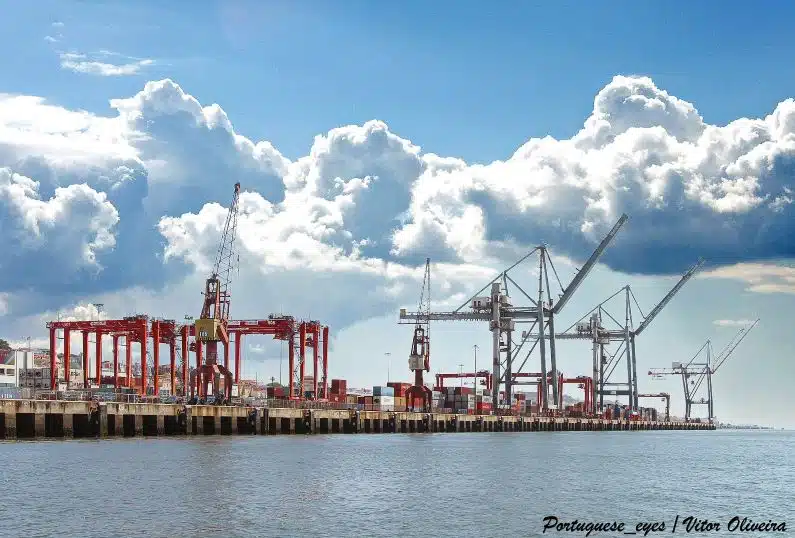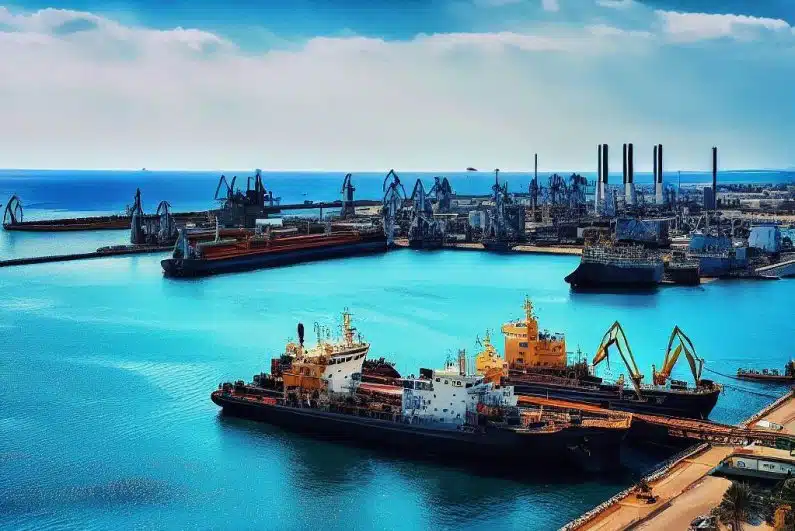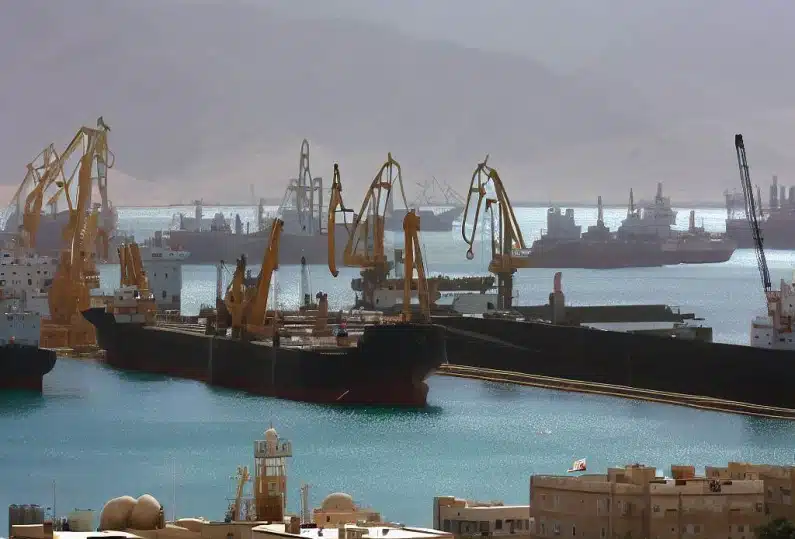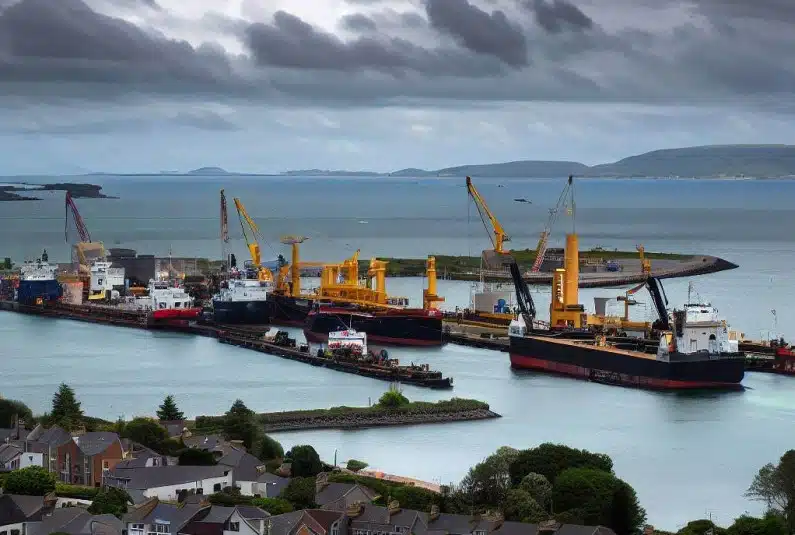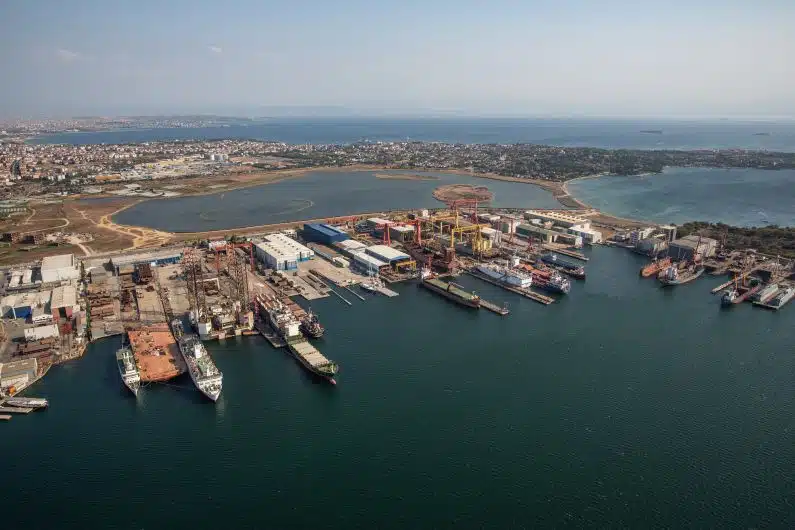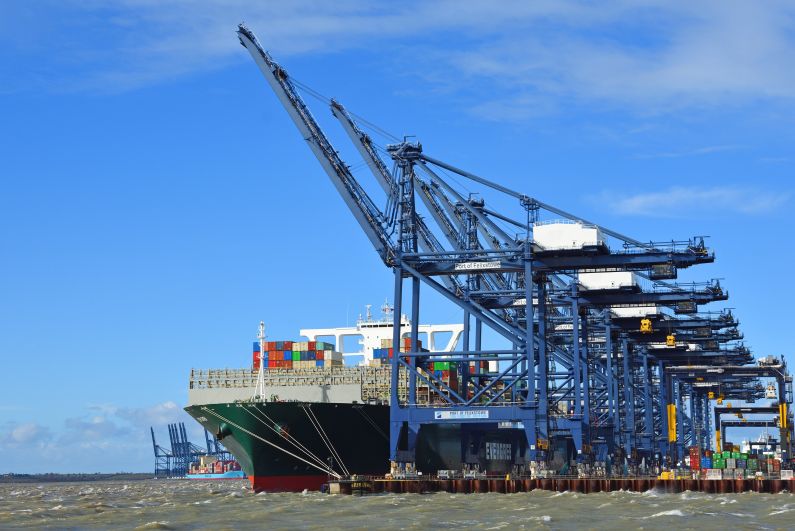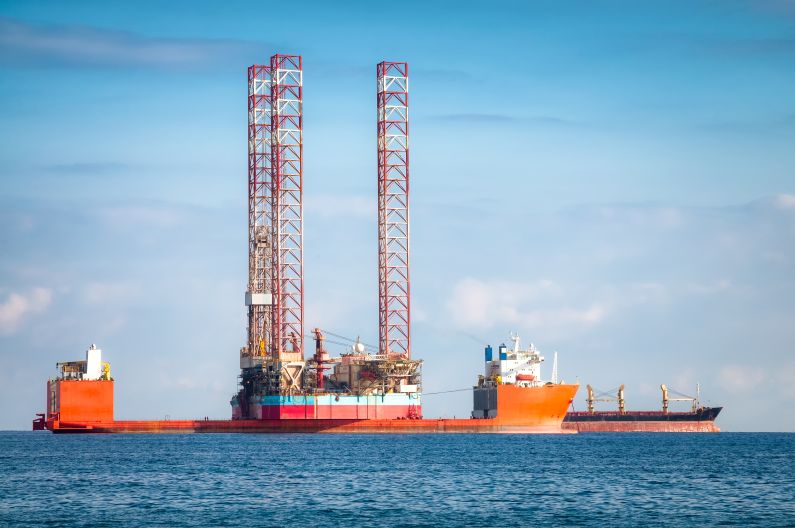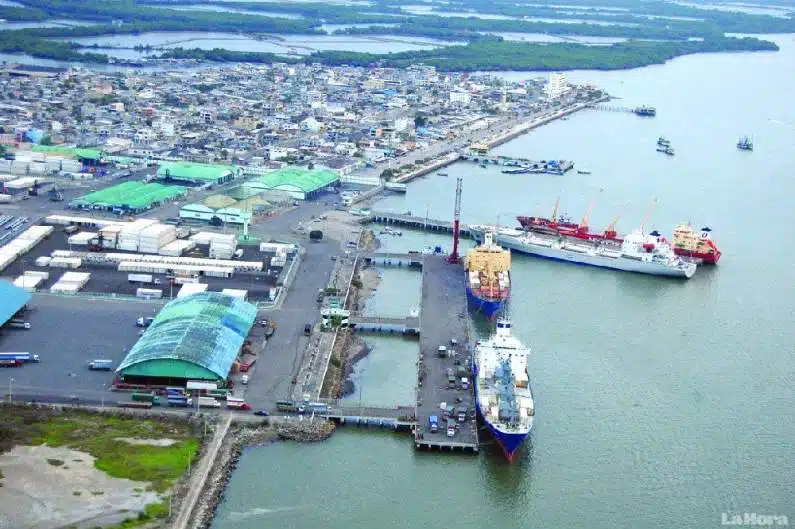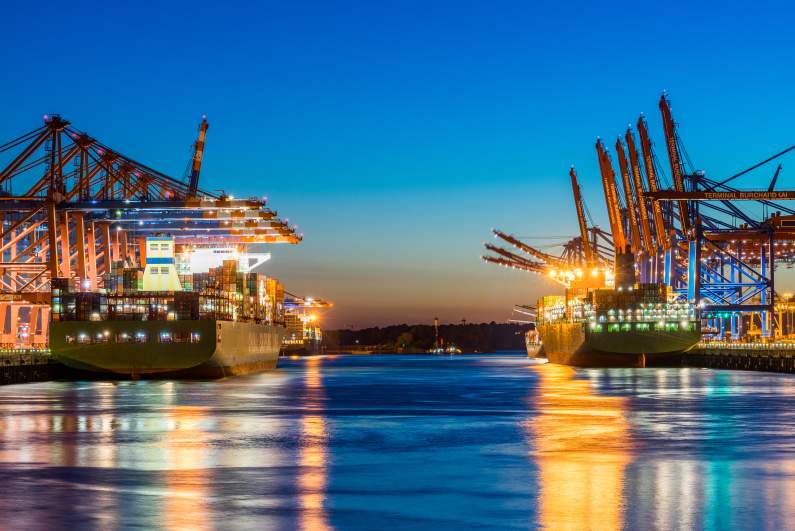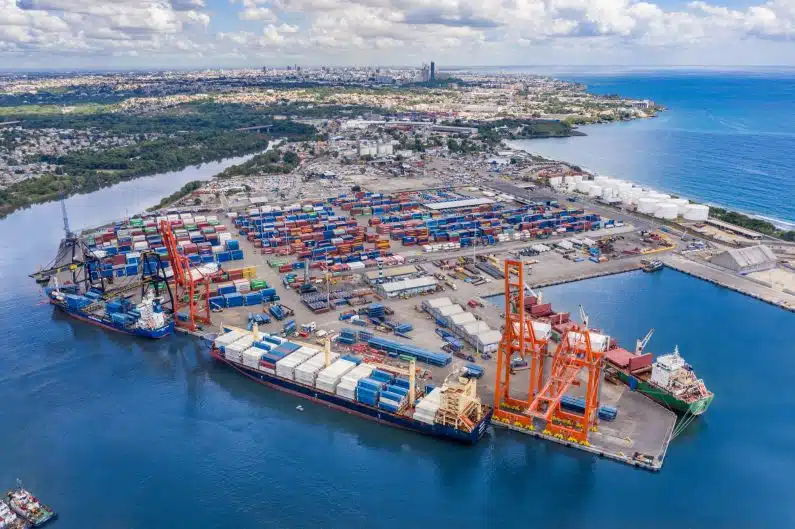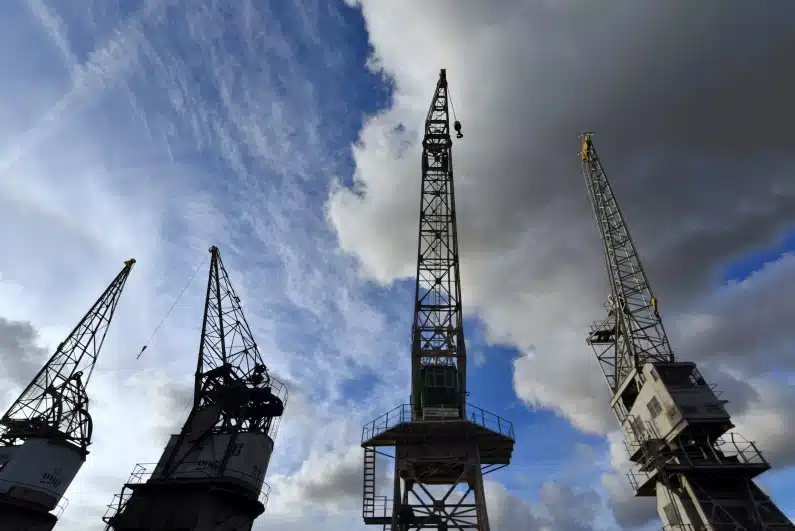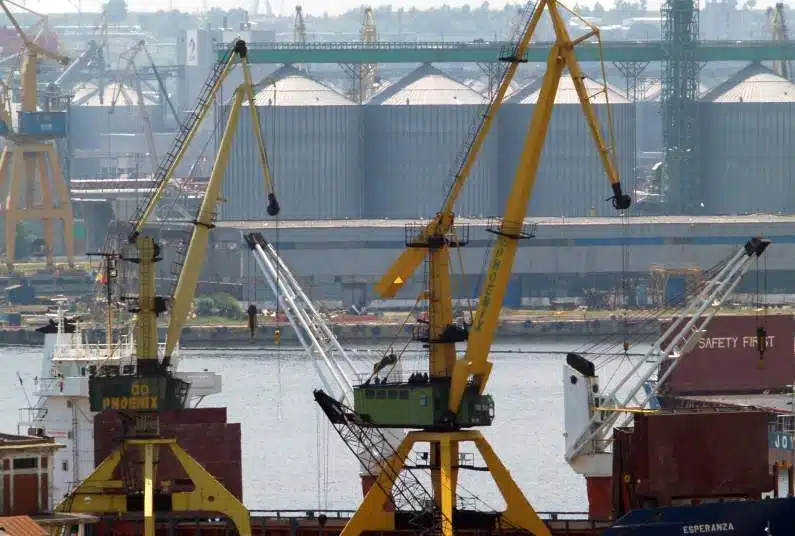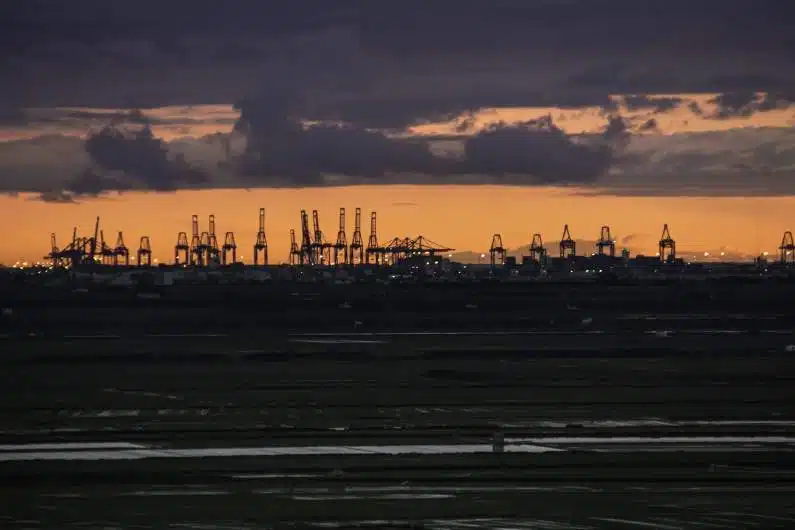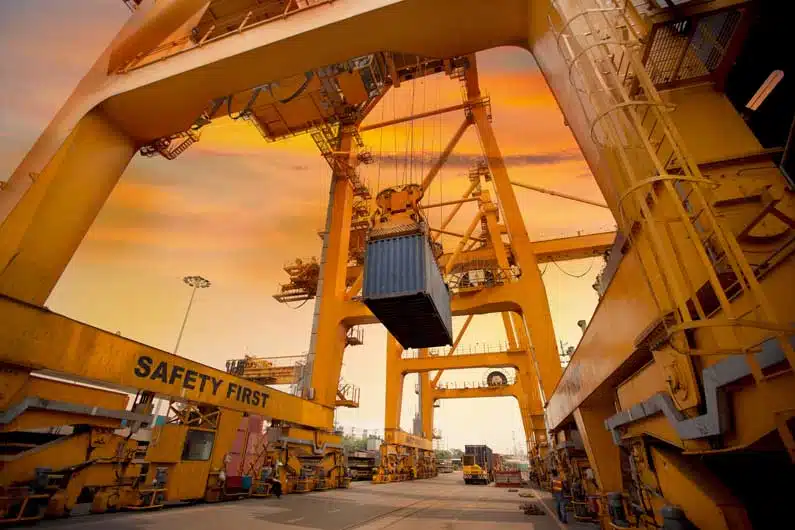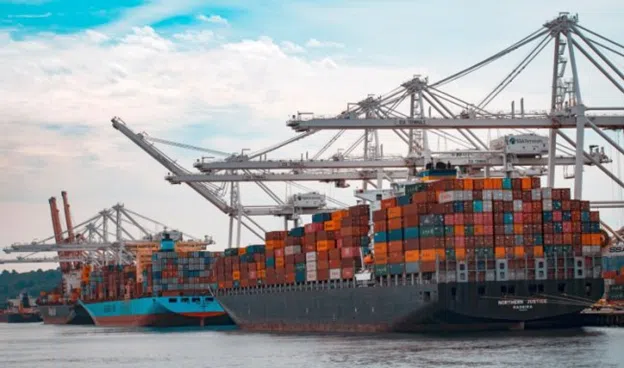Transporting heavy equipment across long distances can be a daunting task for any logistics company, particularly in the oil and gas industry. Shipping equipment from Houston and other parts of the USA to Malaysia requires careful planning and execution to ensure that the equipment arrives at its destination safely and on time.
Texas International Freight, is a leading shipping and logistics company, and provides a comprehensive guide below on shipping heavy equipment to Malaysia from Houston and the USA, with a focus on oil and gas logistics.
Malaysia is a strategic location for oil and gas exploration, production, and distribution in Southeast Asia. The country has a robust infrastructure of ports, airports, and highways that can handle the transportation of heavy equipment and materials.
The major ports in Malaysia for oil and gas logistics are Port Klang, Johor Port, and Tanjung Pelepas Port. These ports are equipped with state-of-the-art facilities, including container terminals, roll-on/roll-off (RoRo) ramps, and bulk cargo terminals, which make them ideal for handling heavy equipment and materials.
Shipping heavy equipment to Malaysia from Houston and the USA is a complex process that involves multiple stakeholders, regulations, and logistics considerations. However, with the right expertise, network, and resources, shipping heavy equipment to Malaysia can be a cost-effective and efficient way to transport equipment for the oil and gas industry.
Let’s discuss the key considerations and steps involved in shipping heavy equipment to Malaysia from Houston and the USA, with a focus on oil and gas logistics.
Overview of Texas International Freight and Oil and Gas Logistics
Texas International Freight is a leading shipping and logistics company that specializes in oil and gas logistics. With decades of experience in the industry, Texas International Freight has established relationships with major shipping lines, customs brokers, and other logistics providers in Malaysia, which can help streamline the shipping process and reduce costs.
Texas International Freight offers a range of oil and gas logistics services, including air and ocean freight, warehousing and distribution, project cargo management, and customs brokerage.
Major Ports in Malaysia
Before discussing the specifics of shipping heavy equipment to Malaysia, it is important to understand the major ports in the country. Malaysia has several major ports that handle a significant volume of cargo each year. The following are the main ports in Malaysia:
- Port Klang: Port Klang is the largest and busiest port in Malaysia, handling about 60% of the country’s container traffic. It is located near Kuala Lumpur and has excellent connectivity to major highways and railways.
- Tanjung Pelepas Port: Tanjung Pelepas Port is the second-largest port in Malaysia and is located in the state of Johor. It has a deepwater harbor and is equipped with modern facilities for container handling.
- Port of Penang: The Port of Penang is located on the northwestern coast of Peninsular Malaysia and handles a variety of cargo, including containers, bulk cargo, and petroleum products.
- Bintulu Port: Bintulu Port is located in the state of Sarawak on the island of Borneo. It is a major port for the export of liquefied natural gas (LNG) and petroleum products.
- Port of Kuantan: The Port of Kuantan is located in the state of Pahang and handles a variety of cargo, including containers, bulk cargo, and petroleum products.
Preparing for Shipping Heavy Equipment to Malaysia
Before shipping heavy equipment to Malaysia, Texas International Freight needs to consider several factors to ensure that the equipment arrives safely and on time. These factors include the type of equipment, the size and weight of the equipment, the mode of transportation, and the regulations and permits required for shipping.
When shipping heavy equipment to Malaysia, it is essential to plan and prepare for the shipment carefully. This involves several steps, including:
1. Choosing the Right Equipment
The first step in preparing for shipping heavy equipment to Malaysia is to choose the right equipment for the job. This may involve using specialized equipment, such as heavy-duty cranes, hoists, or forklifts, to load and unload the equipment from the vessel.
2. Packaging and Securing the Equipment
It is important to ensure that the equipment is properly packaged, labeled, and secured to prevent damage during transit. This may involve using specialized packaging materials, such as crates or pallets, to protect the equipment from impact and vibration.
3. Obtaining Insurance Coverage
While shipping heavy equipment to Malaysia, there is always a risk of damage or loss due to accidents, weather conditions, or other unforeseen events. Therefore, it is essential to obtain comprehensive insurance coverage that provides protection against all risks.
4. Completing Documentation and Paperwork
Another important consideration when shipping heavy equipment to Malaysia is the documentation and paperwork required for customs clearance. This includes bills of lading, packing lists, commercial invoices, and other customs forms. It is essential to ensure that all the necessary documentation is completed accurately and submitted on time to avoid delays or penalties.
5. Identifying the Right Shipping Provider
Choosing the right shipping provider is crucial when it comes to shipping heavy equipment to Malaysia. Texas International Freight, a reliable shipping and logistics company, provides a range of services to ensure that your heavy equipment is shipped safely, on time, and in good condition. Our company has extensive experience in shipping heavy equipment to Malaysia and can provide customized solutions that meet your specific requirements. Texas International Freight‘s team of logistics experts can work with you to develop a comprehensive shipping plan that takes into account the size, weight, and value of your equipment, as well as your budget and timeline. Texas International Freight offers a range of shipping options, including air freight, ocean freight, and project cargo management, and can help you choose the best option for your needs.
6. Customs Clearance and Permits
Customs clearance is a critical aspect of shipping heavy equipment to Malaysia, and it is important to work with a knowledgeable customs broker to ensure that all necessary documentation and paperwork are completed accurately and on time. Texas International Freight has a team of customs brokers who are experienced in handling customs clearance for heavy equipment shipments to Malaysia.
In addition to customs clearance, you may also need to obtain special permits and licenses for certain types of equipment, such as hazardous materials or dangerous goods. Texas International Freight can assist you in obtaining the necessary permits and licenses to ensure compliance with all regulations and requirements.
Shipping Process
Shipping heavy equipment to Malaysia from Houston and the USA requires careful planning and execution to ensure that the equipment arrives safely and on time. Texas International Freight, a leading shipping and logistics company, needs to consider several factors, such as the type of equipment, the size and weight of the equipment, the mode of transportation, and the regulations and permits required for shipping. By following these guidelines, Texas International Freight can provide reliable and efficient oil and gas logistics services to its clients in Malaysia, while ensuring the safety and integrity of the equipment being shipped.
Once you have completed the preparation phase, it’s time to start the actual shipping process. Here are the steps involved in shipping heavy equipment to Malaysia from Houston and the USA:
1. Choose the Right Shipping Method
The first step in the actual shipping process is to choose the right shipping method for your equipment. Texas International Freight offers a range of options, including air freight, ocean freight, and project cargo management. The best shipping method will depend on the size, weight, and value of your equipment, as well as your budget and timeline.
2. Arrange for Customs Clearance
Customs clearance is an essential part of the shipping process, and it is important to work with an experienced customs broker to ensure that all the necessary documents and paperwork are completed accurately and on time. Texas International Freight has a team of customs brokers who are familiar with the regulations and requirements for shipping heavy equipment to Malaysia.
3. Secure Special Permits and Licenses
Depending on the type of equipment you are shipping, you may need to obtain special permits or licenses from the relevant authorities in Malaysia. For example, if you are shipping hazardous materials or dangerous goods, you will need to obtain permits from the Department of Occupational Safety and Health (DOSH) in Malaysia. Texas International Freight can help you navigate the permit and license application process to ensure compliance with all regulations.
4. Monitor the Shipment
Once your equipment is on its way to Malaysia, it is important to monitor the shipment closely to ensure that it arrives on time and in good condition. Texas International Freight provides real-time tracking and monitoring of shipments, so you can stay informed about the progress of your shipment at all times.
Texas International Freight‘s expertise in oil and gas logistics is a major advantage when shipping heavy equipment to Malaysia. With years of experience in the industry, Texas International Freight has established relationships with major shipping lines, customs brokers, and other logistics providers in Malaysia, which can help streamline the shipping process and reduce costs.
When shipping heavy equipment to Malaysia, Texas International Freight needs to ensure that the equipment is properly packaged, labeled, and secured to prevent damage during transit. This may involve using specialized equipment, such as heavy-duty cranes, hoists, or forklifts, to load and unload the equipment from the vessel.
Texas International Freight also needs to ensure that the equipment is insured during transit. While shipping heavy equipment to Malaysia, there is always a risk of damage or loss due to accidents, weather conditions, or other unforeseen events. Therefore, it is essential for Texas International Freight to obtain comprehensive insurance coverage that provides protection against all risks.
Another important consideration when shipping heavy equipment to Malaysia is the documentation and paperwork required for customs clearance. This includes bills of lading, packing lists, commercial invoices, and other customs forms. Texas International Freight needs to ensure that all the necessary documentation is completed accurately and submitted on time to avoid delays or penalties.
Conclusion
Shipping heavy equipment to Malaysia from Houston and the USA can be a complex and challenging process, but with the right expertise and resources, it can be a cost-effective and efficient way to transport equipment for the oil and gas industry. Texas International Freight has the experience and capabilities to handle all aspects of the shipping process, from preparation to customs clearance to final delivery. By choosing Texas International Freight for your oil and gas logistics needs, you can ensure that your equipment arrives on time and in good condition, giving you peace of mind and allowing you to focus on your core business operations.
In conclusion, shipping heavy equipment to Malaysia from Houston and the USA is a complex process that requires careful planning and execution. Texas International Freight, a leading shipping and logistics company, can provide reliable and efficient oil and gas logistics services to its clients in Malaysia by following the guidelines outlined in this article. By leveraging its expertise, network, and resources, Texas International Freight can help its clients transport heavy equipment across long distances safely and cost-effectively, while complying with all the regulations and requirements for shipping to Malaysia.


